General Motors filed suit last Friday against the city of San Francisco, claiming the city issued the auto company a tax bill that was too high. GM alleges incorrectly included Cruise self-driving car subsidiary to calculate its tax bill.
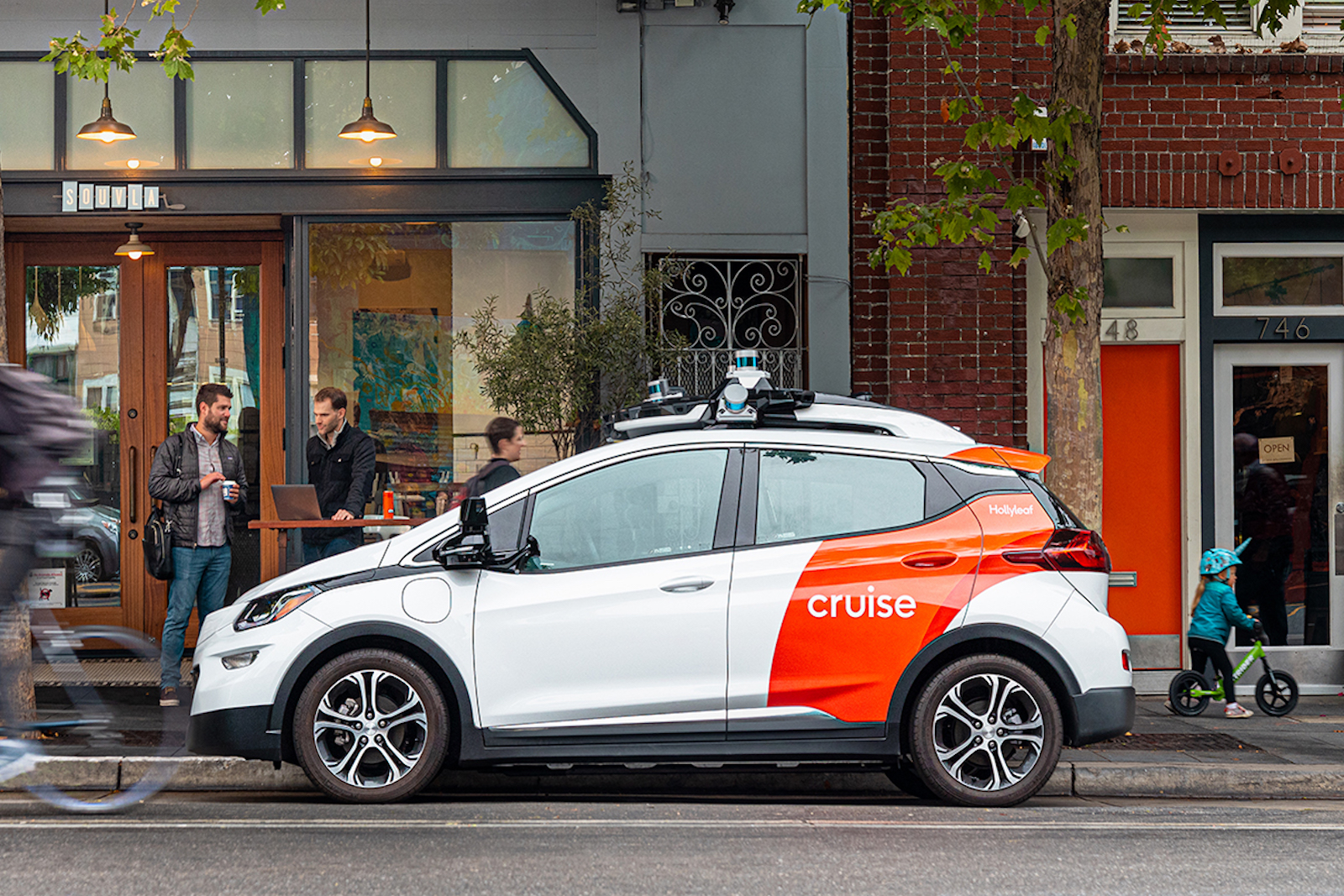
GM contends in a lawsuit the city of San Francisco charged the auto company too much in taxes over a seven-year period.
In the suit filed in California Superior Court in San Francisco, the company is looking to recover $108 million in back taxes from the past seven years, plus $13 million in interest and penalties, Reuters reported.
The crux of the issue is the city included Cruise and its sales when it figured out the auto company’s tax bill. However, GM contends Cruise is a separate company operating independently and shouldn’t be part of its tax bill calculation. It also noted in the suit that it doesn’t create a lot of revenue in San Francisco, claiming it sold about $677,000 in goods and services in the city in 2022. It has no dealers in the city.
The sales are almost the equivalent to a rounding error for GM, which reported $156.7 billion in revenue last year.
Independent entity
GM contends that for much of the timeframe, Cruise didn’t actually generate revenue within the city limits. Much of its activity during the seven-year period was limited to research and development. Cruise didn’t begin to generate significant revenue from ride-hailing until June 2022, it claims in the lawsuit.
More Cruise news
- Cruise Scales Back — Delays Debut of Origin Robocab
- Cruise CEO Vogt Issues Apology, Resigns in Wake of Near-Fatal Crash
- California Suspends Cruise Robotaxi Permit Following Pedestrian Crash
Additionally, GM says Cruise is an independent company and shouldn’t be lumped in with the automaker for tax calculation purposes.
The lawsuit argues that the California Government Code requires city taxes be based on a fair reflection of the proportion of activity conducted within the city. In this case, GM argues, the city included Cruise’s payroll in calculating the tax bill. The end result is “an amount of GM’s gross receipts being attributed to San Francisco that is tens of thousands of times greater than if Cruise’s payroll were not included in GM’s payroll factor.”
Sitting idle
The lawsuit is just the latest problem for Cruise, which shut down its fleet of driverless robocabs in the wake of the incident Oct. 2 where a vehicle hit a pedestrian, and then dragged her several times before stopping. Passersby helped free the woman who was trapped under the Bolt EV. She was hit by another vehicle first, which flung her into the robocab.
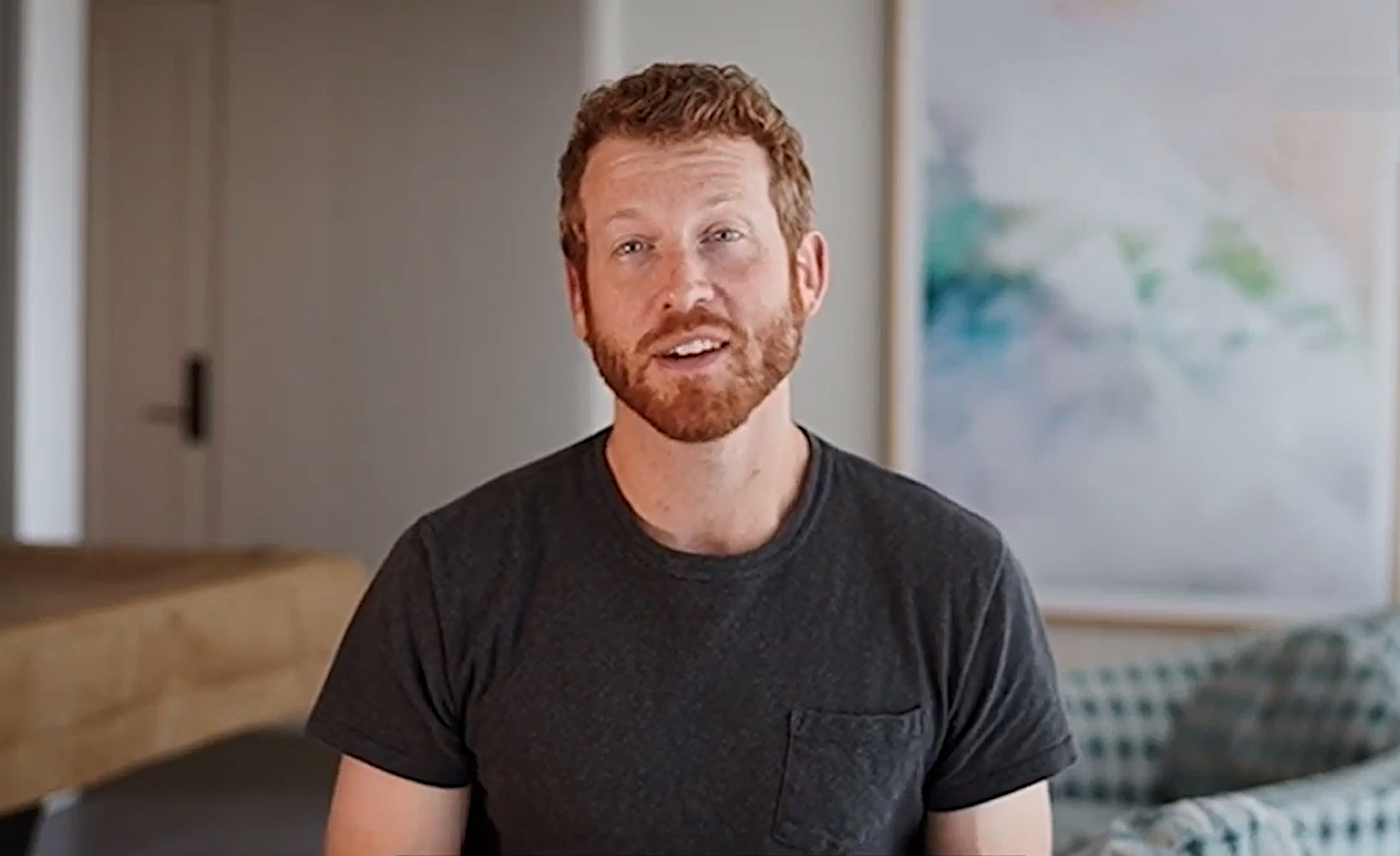
Cruise founder Kyle Vogt resigned shortly after a full video was released showing how the Cruise robocab started up and dragged a pedestrain pinned underneath.
California regulators revoked Cruise’s recently won permit to operate its robocab fleet as a fully commercial venture after reviewing footage of the incident.
The GM subsidiary did not say when it would resume operations. In the wake of the near-fatal pedestrian crash, Cruise is sharply reduce the number of cities where it is testing its robocab technology, General Motors’ autonomous vehicle subsidiary said in a letter to employees.
Additionally, Cruise said it would not move ahead with plans to launch production of the Origin, a vehicle specifically designed for use as a robocab, next year.
The setback for Cruise has had a series of cascading repercussions. Shortly after the incident, Cruise co-founder and CEO Kyle Vogt resigned, along with co-founder Daniel Kan. Vogt sent out his own e-mail to company employees ahead of his departure saying he took “responsibility for the situation Cruise is in today.”

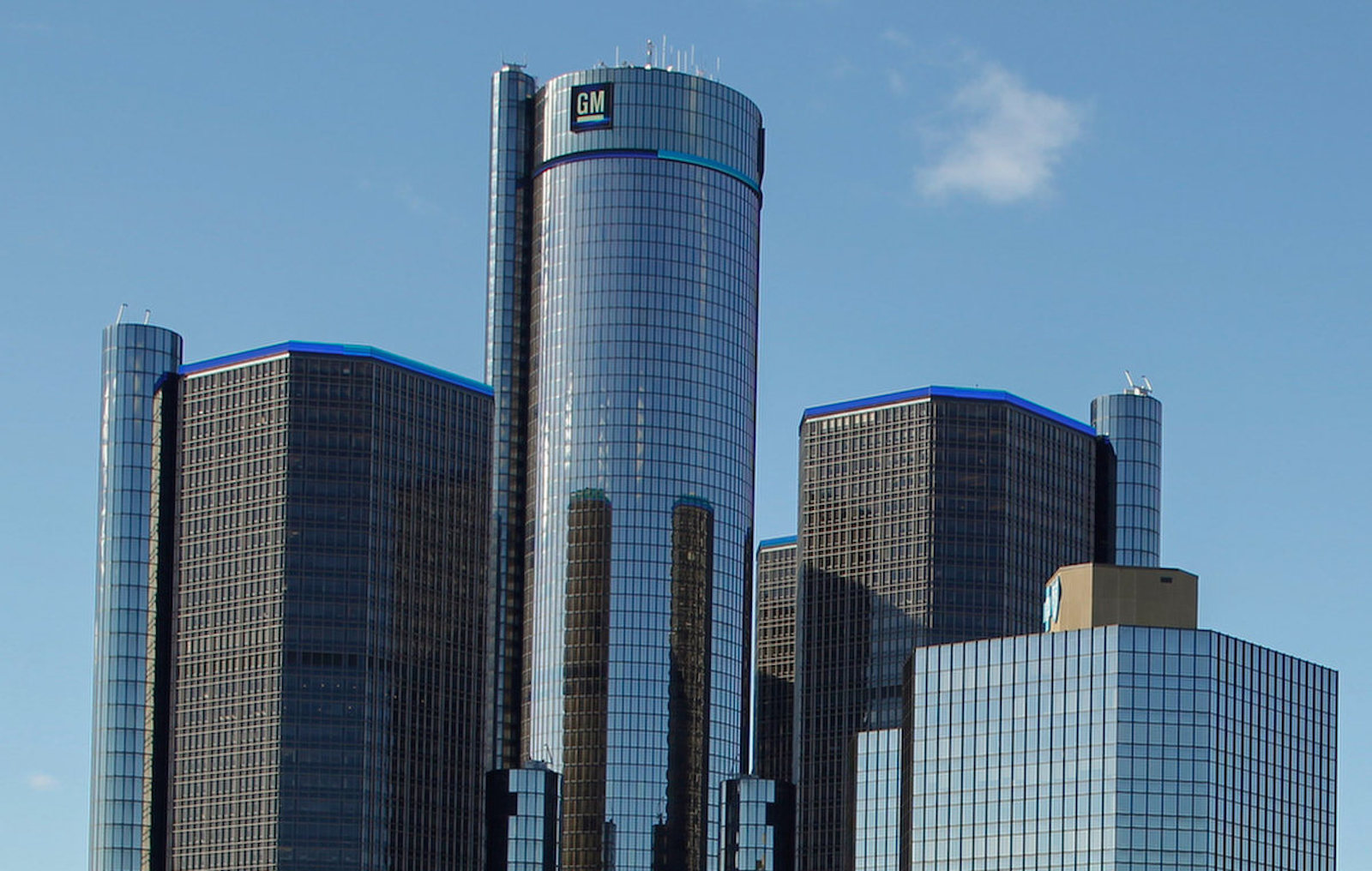
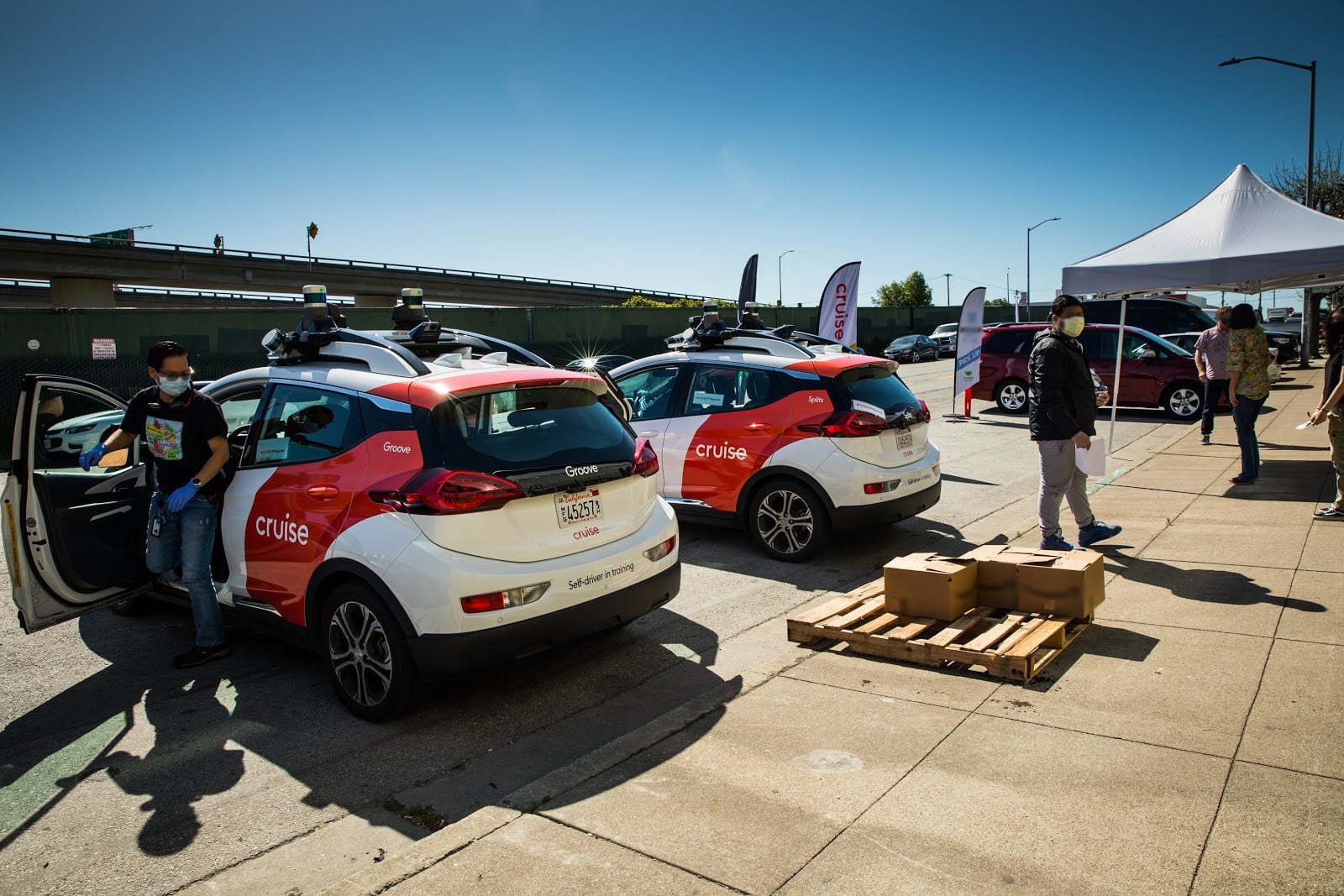
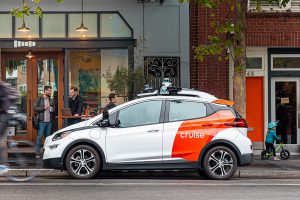
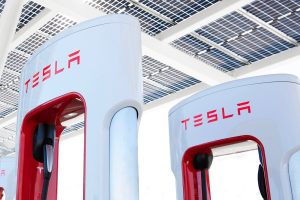

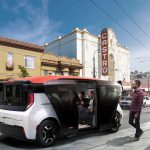
0 Comments